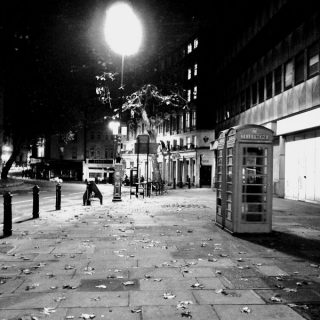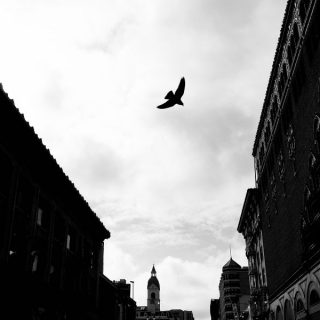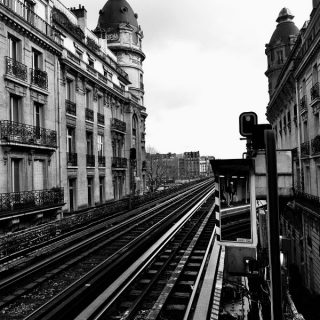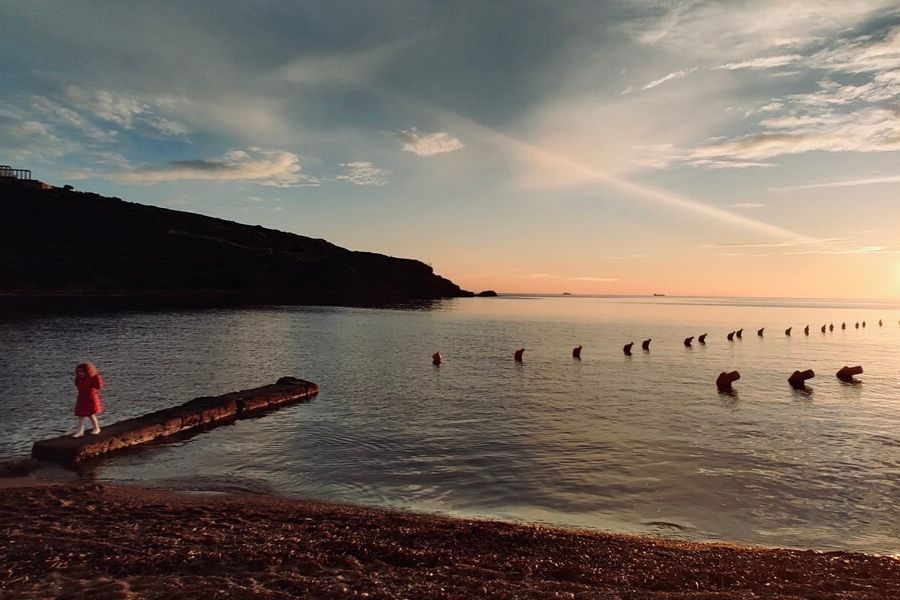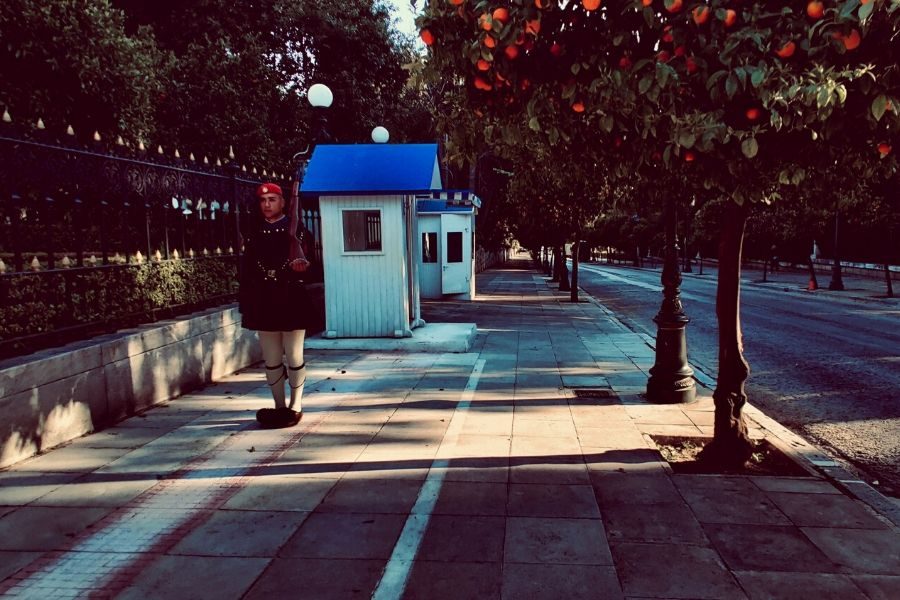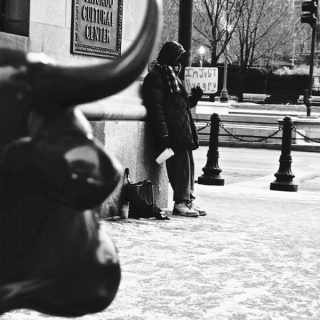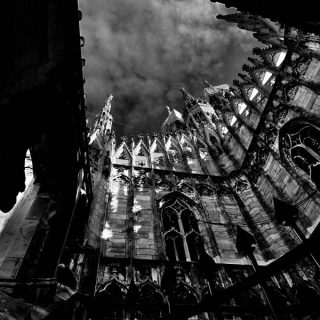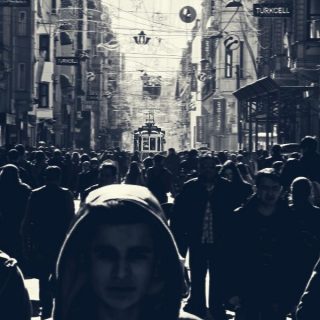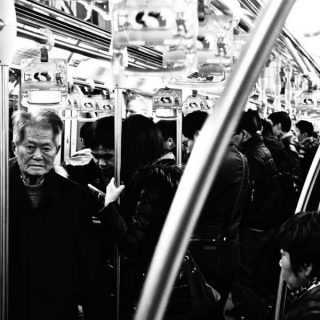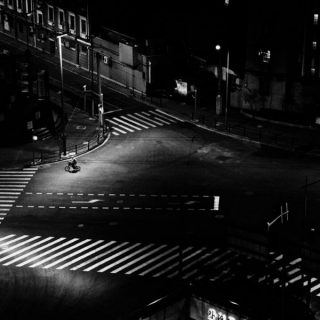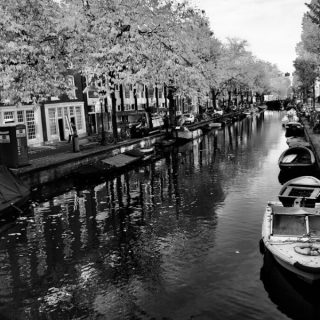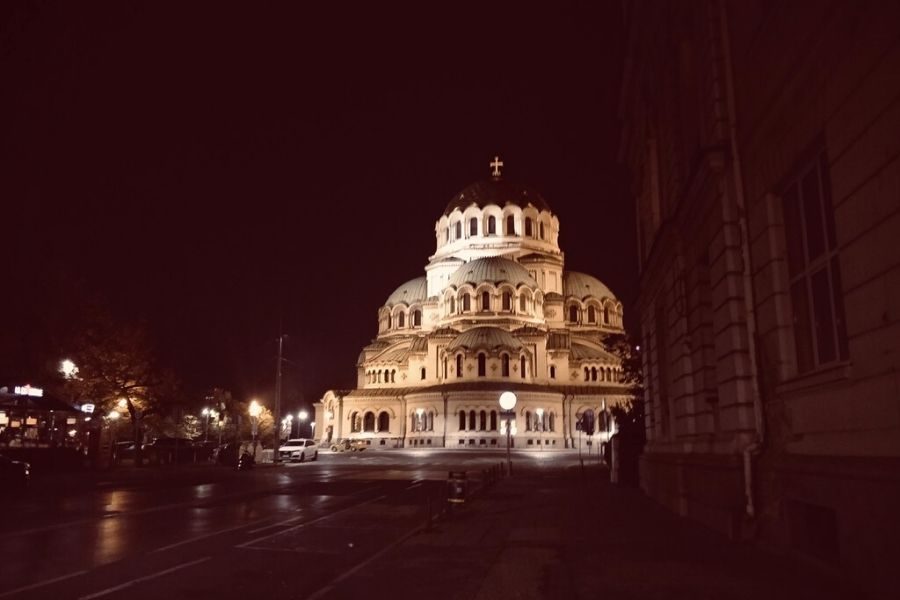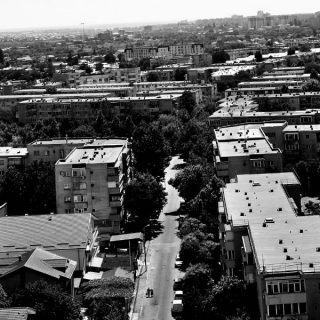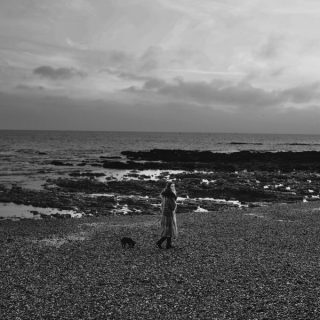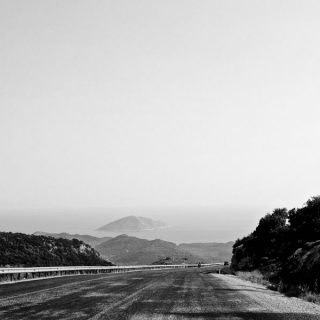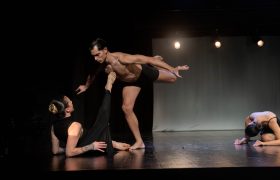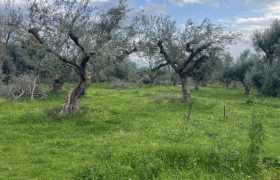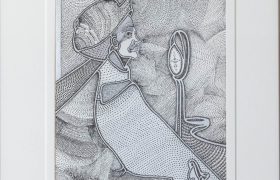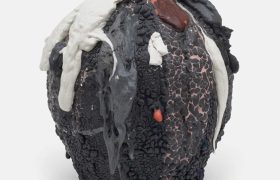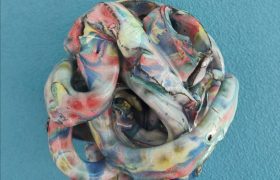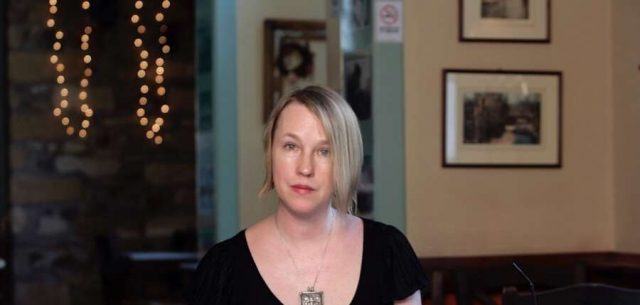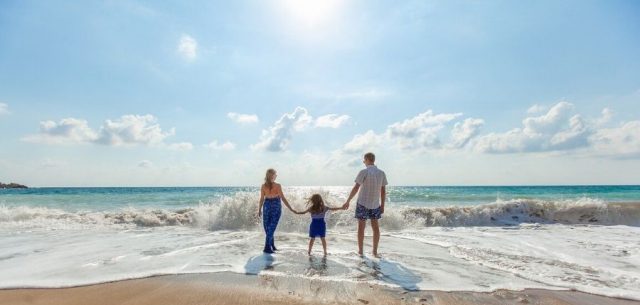Selfies of Self Isolation
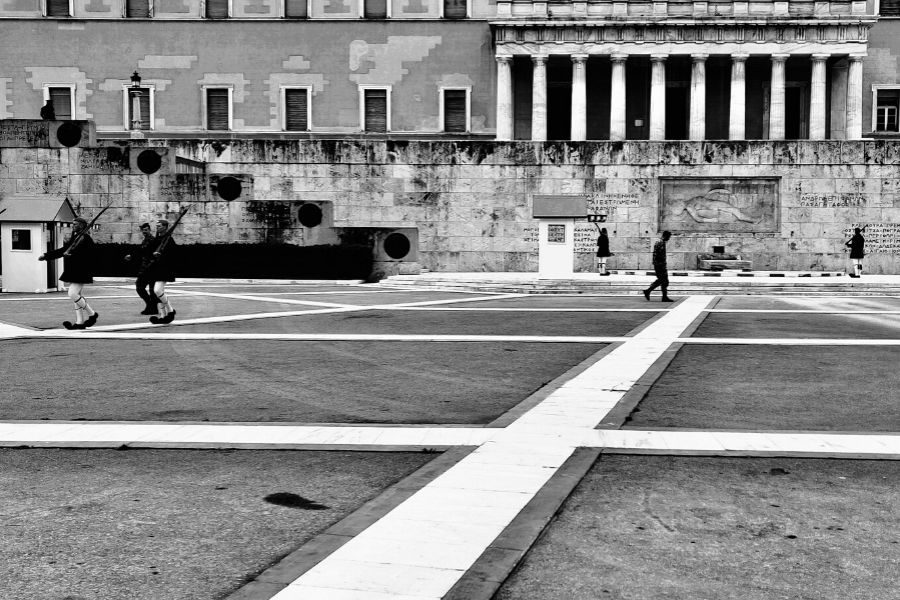
Syntagma Square, ©Omi Chowdhury
Dhaka-born, Harvard-educated, DC and Athens-based War theorist and fashion photographer who writes on liberalism, elite-level diplomacy and feminism, Omi Chowdhury on how the pandemic, “global in scale and scope, is unrelenting in its forceful reminder that we are only as strong as our weakest.”
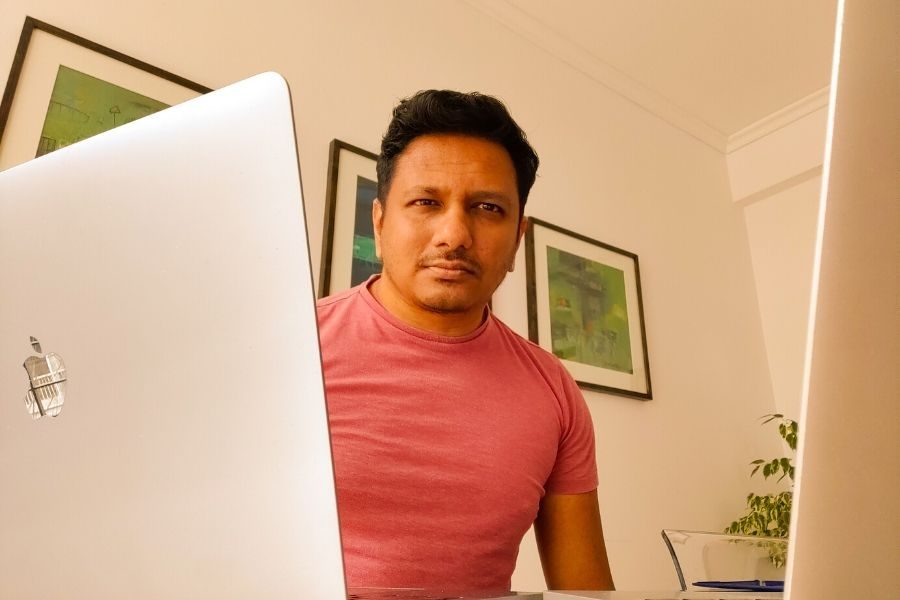
Omi Chowdhury takes a Selfie in Isolation
When you are in self-isolation the feeling of absurdity is amplified…which would explain why most existentialist literature is built on the idea of isolation. So my self-isolation plan was to read as much Camus, Kafka, Kundera and David Foster Wallace as possible until the cockroaches and strangers come home. My plan if you can call it, was a pretty simple one, if I get stuck in DC, New York, Sofia, Athens, Paris, Amsterdam, Dubai, Dhaka and a plethora of other places which were going through the musical chair of border closings, cancelled flights, and slow-burn panic (like Breaking Bad with a “W.H.O did what?” plotline) I had good literature to survive and bad literature to build a fire. But then reality came knocking and all that metamorphosis and romanticism went out the window.
- London, ©Omi Chowdhury
- San Francisco
- Paris
As you can tell by now, I travel a lot. My family roots and my work take me to Asia, Europe, and America almost on a weekly basis or at least they used to before Covid-19. To experience the epidemic turning into a pandemic… global in scale and scope, and unrelenting in its forceful reminder that we are only as strong as our weakest, has been unsettling yet expected.
Sounion, ©Omi Chowdhury
To see the reactions in Asia, America, and Europe simultaneously while traveling back and forth has been rather informative not only as a matter of macro-economic concerns of each continent but also how cultural nuances driven by economic systems make one human life worth more than other human lives.
That fact has always been present in any conversation concerning equality, equity, and egalitarianism, but to see that play out in supposedly developed countries has been more startling than I anticipated.
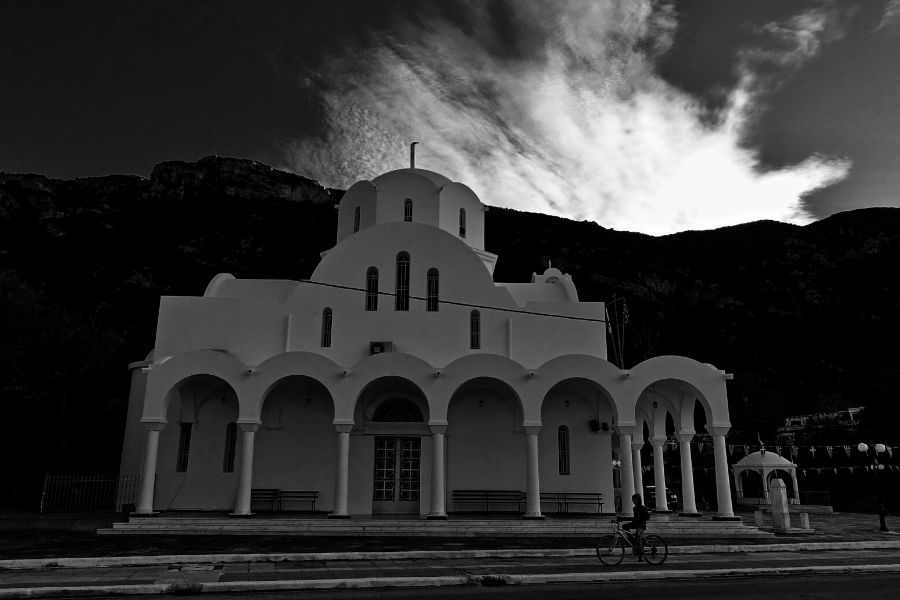
Greece, ©Omi Chowdhury
Geopolitics and economics aside, human misery is the true cost of this pandemic and that is as obvious as death and toilet paper. My friends and colleagues in New York who are under a cloud of unending bleakness complemented by a president who is neither stable nor a genius; to my friends in Shanghai who are just seeing some light and the end of the tunnel despite having a government that ignored early warnings and was not forthcoming to the world; to my friends in Budapest who are waking up to an Orban dictatorship at the heart of Europe; to my friends in Milan and Madrid where the funerals of their loved ones are being conducted in isolation for the right reasons but feels wrong; to my friends in Dhaka and Delhi who have just started taking this seriously while they watch their economy crumble; to my friends in Rio where politics of denial and toxic masculinity-driven bravado have put countless lives at risk, the final cost of this crisis would be human misery sandwiched between economic hardship and new political realities. And there lies the equipoise of existential dread and real harm to a future that was already tottering on the cusp of environmental disasters.
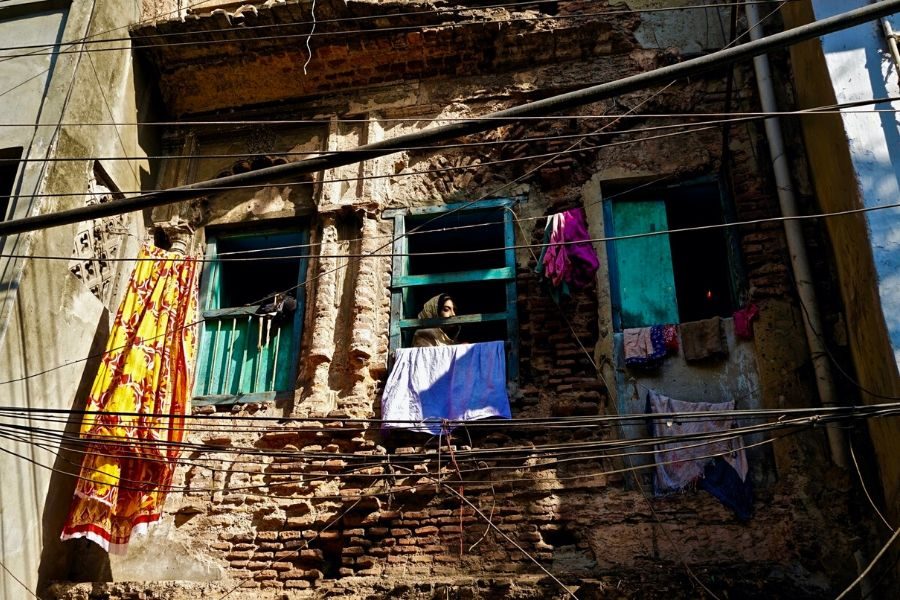
Dhaka, ©Omi Chowdhury
The Math of Politics, Projection, and Posture
The war theorist in me finds not many positives out of this as we have not even reached the apex of the projected trajectory of the infection (as of early april). Once we reach that point (and we will), we will be able to quantify at least 50% of the impact of Covid-19 and even then theimpact would be astounding.
Athens, ©Omi Chowdhury
And while I can see the math, do the math and understand the math, I cannot truly fully convey the personal, collective, communal and global impact of this unwanted reminder of our fragility. I know most people would like to go back to the status quo before Covid-19 but the structure of neoliberal economic conditions, its relationship with people has changed and it will take a long time by that I mean at least 5 years to getting things back to the old normal but by then we might be used to a new normal. The only thing that is certain right now is that nothing is certain.
- ©Omi Chowdhury
- Milano
- Istanbul
- Shanghai before Covid-19
- Shanghai
- Amsterdam
Some countries like Greece, Norway, Sweden and South Korea may come out of it less devastated than other countries like the USA, China or India. But collectively the impact will remain ever-present not only as a reminder of what happened but how each government handled the crisis and who did what. The Bolsonero’s and the Salvini’s of the world would hopefully be dumped into the trash heaps of exs who gaslight your life to extend the stranglehold of their corrupt and immoral posturing, and maybe we will get a better set of leaders.
Sofia Bulgaria, ©Omi Chowdhury
That being said, the center-right government of Mitsotakis in Greece has handled this better than almost anyone else in Europe (though how his government handles the refugee crisis both in and out of the camps in the time of Covid-19 may still make the response less than stellar and Turkey always looms as a trigger for Greek politics, so cautious optimism with that moussaka). Whether or not you can say the same thing about the clergy in Greece and elsewhere is a conversation that needs to be had once the dust settles and we sanitize every icon you want to kiss.
So all in all, the part of my brain that looks at numbers and politics as an indicator of our progress as a species finds tiny bright spots all over the world…it’s easier to see these bright spots, as the rest is truly covered in a dark blanket of fear and despair.
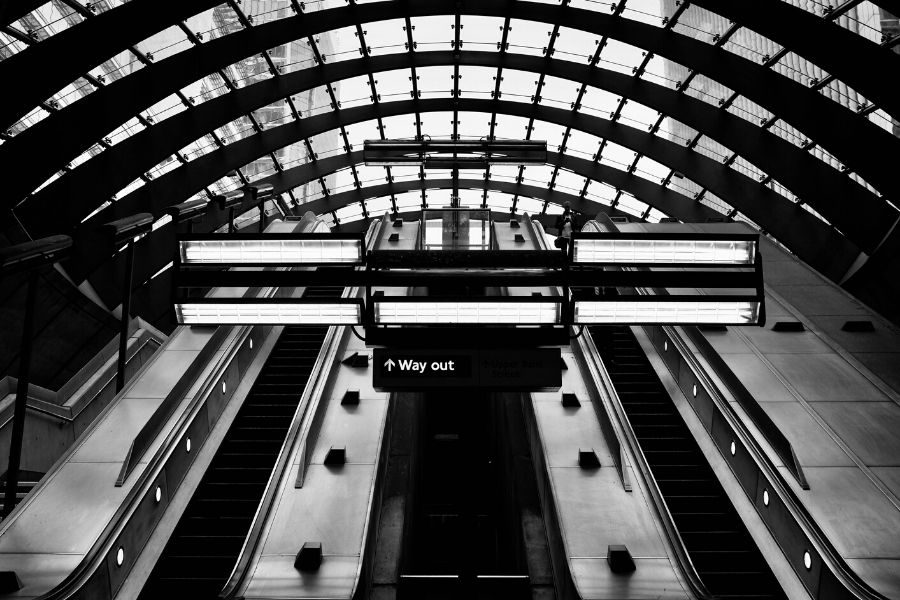
London, ©Omi Chowdhury
The Songs of Art, Poetry and the Levity of Living
The artist in me remains rebellious like a Kendrick Lamar album. In the face of such an unprecedented global catastrophe, if the shield is science and nothing else…then the spear is Art and that is everything.
Art has always played a pivotal role in making the madness of human existence more bearable. Be in the form of Bob Dylan’s 16 min long Murder Most Foul playing over and over again or in the form of finding Kate Moss trying to hold on to her hat as a gust of wind unfurls her poise in an old hard drive. There is escape in isolation when there’s art.
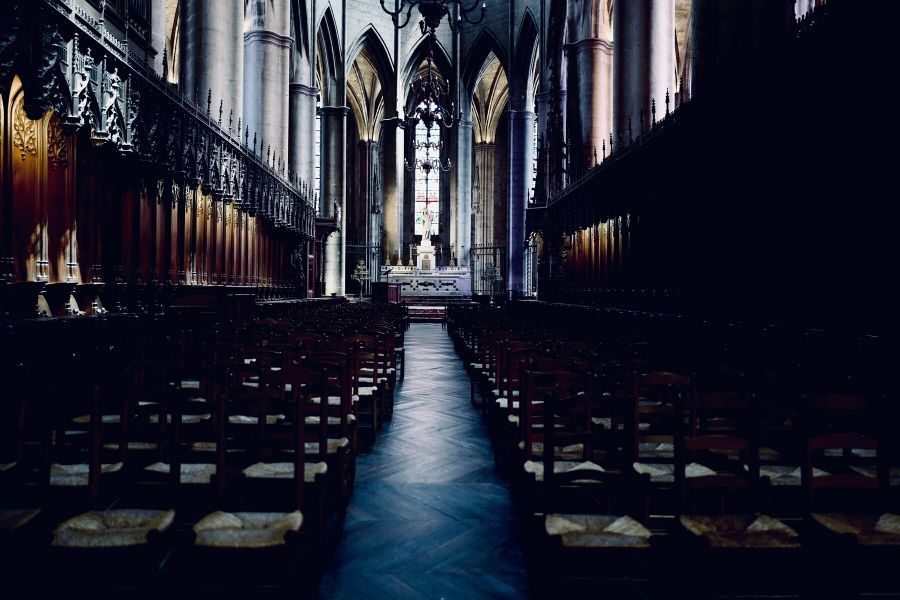
Paris, ©Omi Chowdhury
There is also introspection of who we are as people and how we will come out of this. Music helps in forging distant memories with new ones, the photographs paint a lovely picture when you dig into them like digging your heels into the sand by an unruly ocean, literature elevates you to a sense of otherness where words guide you through a magical moment of clarity and curiosity.
The poetry of living (when you don’t live / can’t live as you used to), is to be cherished (when you can). If you are not in dire need of help, then this moment is the right moment to find beauty in art and think of someone who may be in dire need and extend your virtual hands.
Because the purpose of being elevated by art is not to be free from all concerns (there are prescription drugs for that) but to truly understand the plight of humanity as a whole.
- Bucharest, ©Omi Chowdhury
- Hastings
- Dalaman
The connectedness that made Covid-19 such a threat to our way of life is the same connectedness (albeit evolved) that would make our lives a bit better if we can evolve beyond the self by making someone else’s life a bit better. So despite the charlatans and clowns who have our attention but not our respect, despite the people who hoard toilet paper and facemasks for no reason or profit, despite the people who ask naive religious followers to congregate, despite the thugs who dog whistle to the tune of their racism by inventing conspiracy theories, my self-isolation is neither of self nor of isolation. I am thinking of all of you as you are all thinking of me. And we will come out of this a little less tan, a little heavier and hopefully a little more aware of each other’s humanity.
All images were taken during the Coronavirus outbreak, except that of Shanghai.

